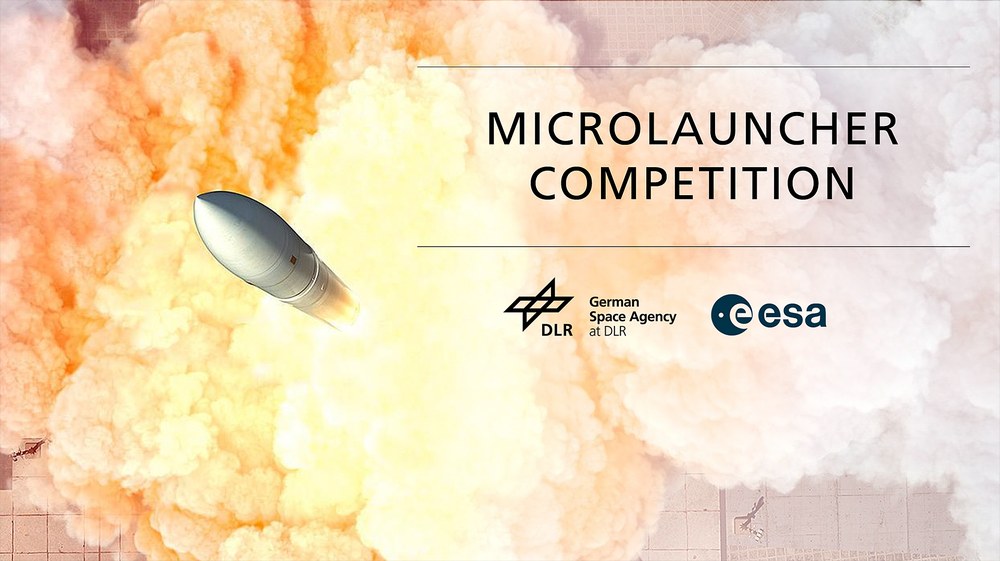Go-ahead for second round of microlauncher payload competition


- On 20 June 2022, the German Space Agency at DLR launched the second round of the competition for small satellites to fly on microlaunchers developed and constructed in Germany.
- The competition is not only aimed at European institutions, but also at start-ups and small and medium-sized enterprises.
- A total of three additional flights will be offered by the space companies Isar Aerospace Technologies GmbH and Rocket Factory Augsburg AG in 2023 and 2024.
- Focus: Spaceflight, commercialisation, start-up support
On 20 June 2022, the German Space Agency at DLR (Deutsches Zentrum für Luft- und Raumfahrt; DLR) launched the second round of its competition for zero-cost flights of small satellites on microlaunchers developed and constructed in Germany. This marks the start of the implementation phase for a total of three additional flights being offered by the space companies Isar Aerospace Technologies GmbH and Rocket Factory Augsburg AG in 2023 and 2024. This time, the competition is not only aimed at European institutions, but also at start-ups and small and medium-sized enterprises.
"The payload competition forms an important part of the German government's small satellite strategy and is a further step towards strengthening the small satellite segment in European spaceflight," explains Walther Pelzer, DLR Executive Board Member and Head of the German Space Agency at DLR. "In addition to supporting German launch service providers, we are now offering institutions and companies an attractive opportunity to test their small satellite technologies in space and conduct scientific experiments."
Up to 150 kilograms can be launched on each flight
The fly-along opportunities are suitable for small satellites with scientific or commercial missions on board or that will test new technologies in space. A total mass of up to 150 kilograms can be launched on each of the three remaining flights in the competition. This means that each flight can accommodate several small satellites, as they are quite lightweight. "The applications will be evaluated by a jury of five experts from DLR according to the competition criteria," explains Markus Wagener, Manager of the Small Satellites Programme within the German Space Agency at DLR. "These include, for example, the scientific and technological uniqueness, the development status of the satellite and the potential of the experiments on board for applications on Earth."
The application deadline for the two flights in 2023 is 15 October 2022, and the winners will be announced by 30 November 2022. For the 2024 flight, the application deadline has been extended to 30 April 2023, and the winners will be selected by 30 June 2023.
The first round of the payload competition took place in 2021. Five institutions from Germany, Norway and Slovenia were successful, with a total of seven small satellites being selected.
Small satellite fly-along opportunity is part of the microlauncher competition
The payload competition is part of the microlauncher competition that the German Space Agency at DLR has been organising since 2020 as part of the European Space Agency (ESA) Boost! programme. The aim of this programme is to advance the commercialisation of European spaceflight and to improve the autonomy and competitiveness of companies and research institutions, especially in the field of smaller payloads.
The German start-ups Isar Aerospace Technologies GmbH (Spectrum launcher), Rocket Factory Augsburg AG (RFA One) and HyImpulse Technologies GmbH (SL1) were successful in various phases of the microlauncher competition. The two rockets Spectrum and RFA One were selected to carry out the four missions. With lengths of only 28 and 30 metres respectively and diameters of two metres, they are designed to transport payloads weighing up to 1.5 tonnes and are thus ideally suited for launching small satellites.
The announcement with all relevant information for participants and the application forms can be found on the website of the German Space Agency at DLR.
